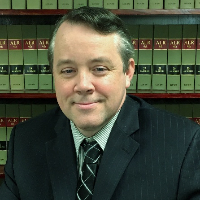New Market Estate Lawyer, Alabama
Shannon Matthew Moore
✓ VERIFIEDEstate Planning, Divorce, Personal Injury, Criminal, Mass Torts
We are dedicated to maximizing results for our clients!
Shannon Moore was born in Huntsville, Alabama. He is a graduate of Grissom High School and he received his undergraduate degree from the University of... (more)
FREE CONSULTATION
CONTACTPaul W. Frederick
Mental Health, Wills & Probate, Estate Planning, Business Organization
Status: In Good Standing
FREE CONSULTATION
CONTACTShelly Lynn Byers
Military, Real Estate, Traffic, Wills & Probate
Status: In Good Standing Licensed: 25 Years


